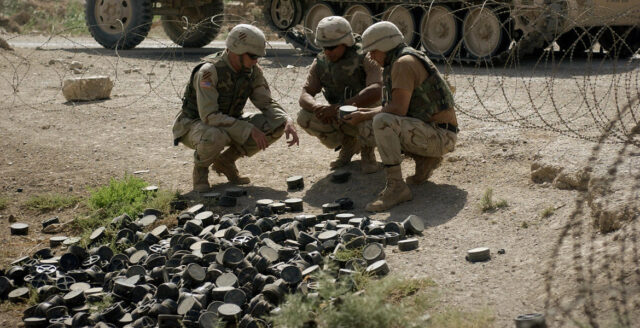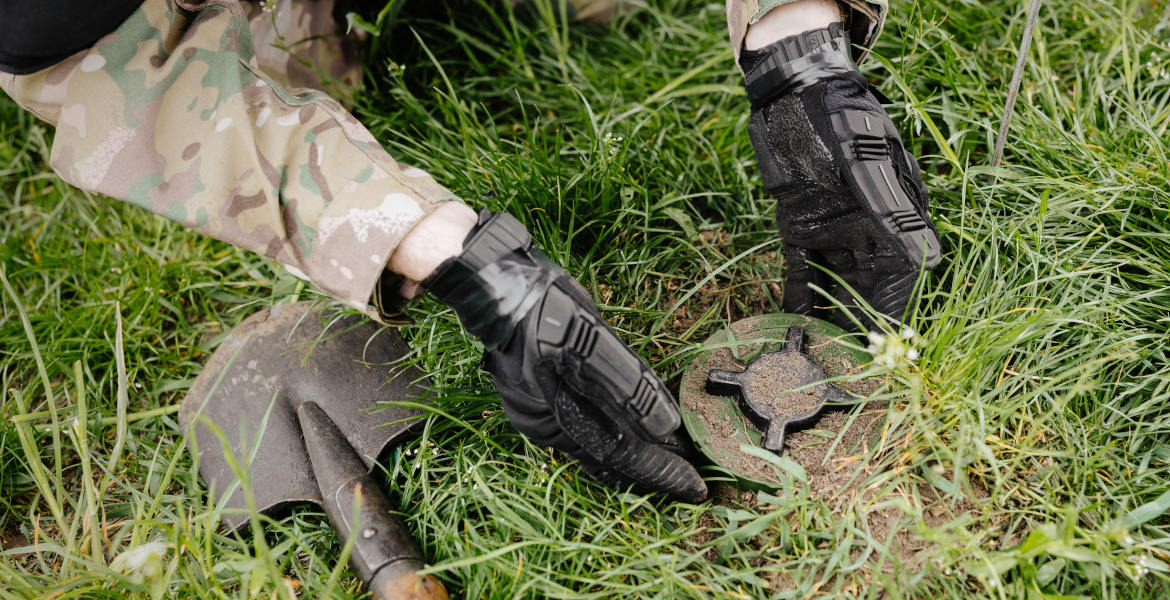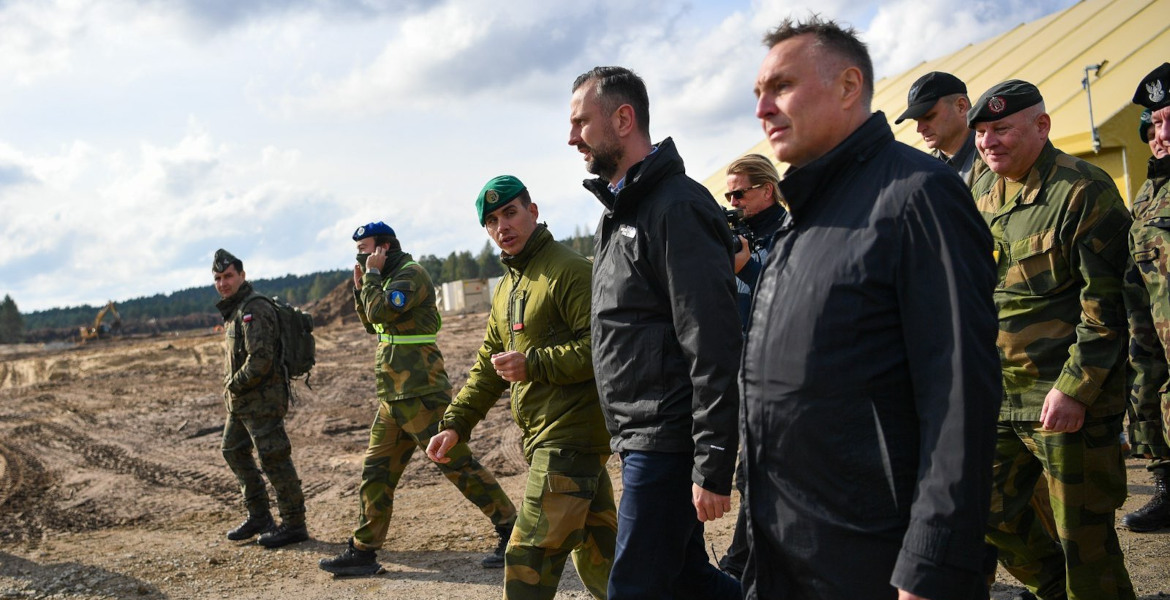Five European countries – Finland, Poland, Estonia, Latvia, and Lithuania – have announced plans to withdraw from the 1997 Ottawa Convention, which bans anti-personnel mines.
However, the decisions have been met with strong criticism from human rights organizations and survivors, who warn that it is civilians who will suffer the most.
In mid-April, Latvia became the first country to formally vote to leave the treaty, which has over 165 signatories. The decision is described as a historic step backwards by those working to combat the use of mines.
– It feels like a punch to the face, said Zoran Ješić in an interview with The Guardian. He lost his right leg to a mine during the Bosnian War and now heads UDAS, an organization for landmine survivors.
– Antipersonnel landmines do horrible things to innocent people. They belong to a small group of weapons, including chemical and biological weapons, that are so abhorrent they must never be used again, he continues.
Ješić was 21 years old and a soldier in the Bosnian army when he stepped on a mine in a forest.
– As I later heard, it was our mine. The point is that when you put a mine in the ground, you never know what will happen. Will it wait for your soldiers, your civilians or the enemies? Usually, it hurts your people.
“It’s about the norms of war”
And the statistics confirm his claims. Every year, 70-85% of all those killed or injured by mines are civilians. Almost half of the victims are children – a reminder of the weapons’ inability to distinguish between combatants and innocent people.
Alma Taslidžan from Humanity & Inclusion, an organization working with disabled and vulnerable groups, expresses concern that the decisions could create a dangerous domino effect:
– This is really a tipping point for us. It’s not only about landmines. It is about the norms that are written for the situation of wartimes – we’re afraid this is going to create a wave of weakening the international humanitarian law that has the first obligation to protect civilians.
In March, the defense ministers of Estonia, Latvia, Lithuania, and Poland published a joint declaration referring to the war in Ukraine and increased security threats.
– With this decision, we are sending a clear message: our countries are prepared and can use every necessary measure to defend our security needs, the statement read.
Lithuania, Poland, Latvia and Estonia have announced their withdrawal from the Ottawa Convention on Anti-Personnel Mines. pic.twitter.com/cwrgTYZRTl
— Lithuanian MOD (@Lithuanian_MoD) March 18, 2025
Warning against myths about “smart mines”
Finland, which shares a border with Russia stretching over 1,300 kilometers, later joined the group, with Prime Minister Petteri Orpo saying that withdrawal would give the country “the opportunity to prepare for changes in the security situation in a more versatile way”.
However, Taslidžan emphasizes that even if the threat were real, the choice of weapon is still wrong – precisely because it is civilians who will suffer the most.
– Choosing the most indiscriminate weapon amongst all to say that you are going to defend your country, that is wrong. Security cannot be built on a weapon that kills indiscriminately, that remains in the ground long after the conflict has ended and that specifically maims civilians.
She also warns against myths about “smart mines” with self-destruction mechanisms and claims that these are safe for the civilian population.
– That’s bizarre information. There is no smart mine that can think for itself and say, ‘Oh, civilians, we won’t explode now’.

Red Cross: “Extremely alarming”
Maya Brehm, legal advisor at the International Red Cross, describes the development as “extremely alarming”.
– From our perspective – and this is also a perspective shared by military authorities – whatever limited military value anti-personnel mines may still have in today’s conflicts, it is vastly outweighed by the appalling and long-lasting humanitarian consequences, she emphasizes.
Norway, which also borders Russia, has chosen to remain in the treaty, and Foreign Minister Espen Barth Eide has expressed regret over Finland’s decision:
– This particular decision (by Finland) is something we regret. If we start weakening our commitment, it makes it easier for warring factions around the world to use these weapons again, because it reduces the stigma, he commented.
In Bosnia and Herzegovina, an estimated 3 million mines remain in the ground since the 1990s war and continue to kill and maim men, women, and children.
– This is not something you can just put in the ground and then pick up again when the war is over, Zoran Ješić explains grimly.






